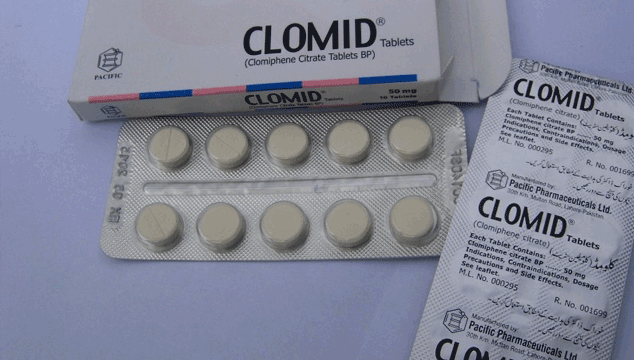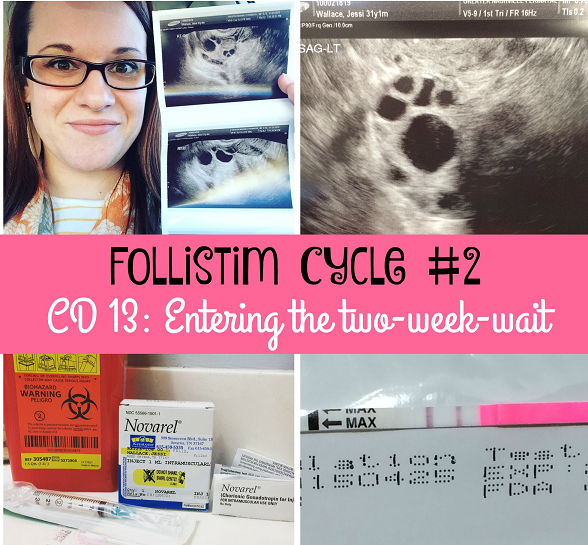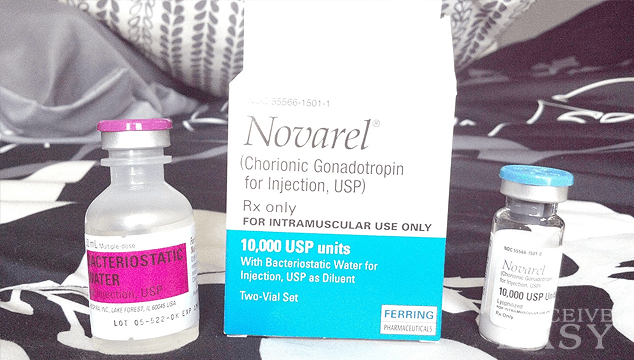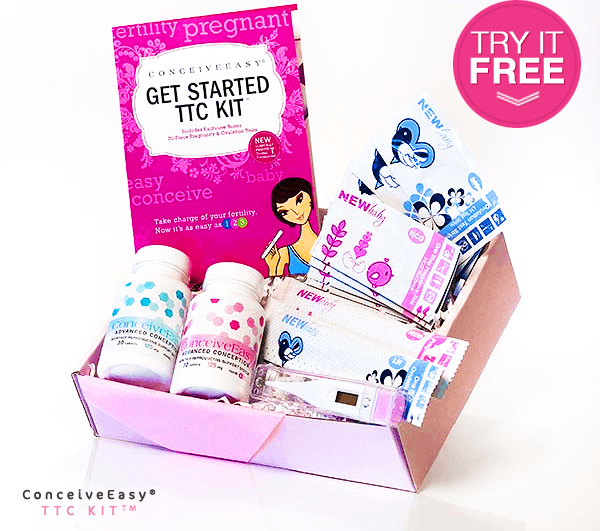![]() The information provided by our expert should not constitute a diagnosis of your condition. Always consult a medical practitioner or healthcare provider for a formal diagnosis. By making use of this content, you agree that ConceiveEasy and the expert assume no liability.
The information provided by our expert should not constitute a diagnosis of your condition. Always consult a medical practitioner or healthcare provider for a formal diagnosis. By making use of this content, you agree that ConceiveEasy and the expert assume no liability.
What are fertility drugs? Fertility drugs are prescribed medications that will mostly help influence ovulation. It can either start ovulation or help strengthen ovulation to release at least one or multiple eggs in one cycle. Fertility drugs are the most commonly used treatment for couples who are facing infertility, as the most common cause of infertility in women are ovulation difficulties. Claim Your 20 Free Pregnancy Tests – Click Here
Typically, it is the woman who is being prescribed the fertility medication, however, fertility drugs can be used with men, but it’s just not that common.
Now there are prescription drugs, but the majority of doctors won’t prescribe these unless you’ve gone a minimum of a least twelve months without conceiving, and you’ve exhausted all other means.
I know that seems like an excruciatingly long time to wait, but your lack of getting pregnant within a 12-month time span is not considered all that unusual.
On average, only 25% of couples will conceive within their first month of trying, 60% within six months, 75% within nine months and 90% within a year-and-a-half. So if you haven’t reached that one-year plateau yet, keep the faith & keep on trying. Now if you have been actively trying to conceive and timing intercourse right during ovulation for an entire year, then perhaps it’s time for you to seek out your options.
![]()
Clomid is one of the most popular prescribed fertility drugs and it helps to release one or multiple eggs in a cycle. Clomid is the number one fertility drug, however, there are a lot more out there. It is just typically the first one that is prescribed.

It is easy to take (as a pill, as opposed to an injectable), is fairly inexpensive (around $100 for a 5-day course) and works for about 80% of couples to get them pregnant within a 6-month timeframe.
80% of couples will get pregnant within 6 months!
Because Clomid often will help release multiple eggs in a cycle, the likelihood of twins is highly increased when taking this fertility drug. There are, of course, generic versions of this drug available to make the cost even lower. Most pharmacies report that a five day supply of Clomid (enough for one month) ranges from about $35-75 for patients who must pay out of pocket.
![]()
Now this next fertility drug isn’t even considered a fertility drug, as it’s first nature is to treat post-menopausal women with breast cancer.
This drug is called Femara, and it works in the same way as Clomid, to help stimulate ovulation. It is FDA-approved for the treatment of local breast cancer, but is becoming more popular in off-label uses to assist with unexplained infertility & ovulation stimulation.
But it’s kind of a hot topic, due to its possible birth defects as found in a 2005 Canadian study that suggested that babies born after Femara use have a 3-fold risk for birth defects.
However, many call the study flawed & inconclusive. Regardless, it’s not really prescribed as often. Femara is considered a second choice, and usually only prescribed by a doctor when Clomid is not working (which as you see is only 20% of the time).
The cost for Femara is around $600 for a 30 day supply of 2.5 mg tablets. That price is for the name brand form of Femara, however, there is another generic version available. That version is called Letrozole, and it runs around $75 for a five day supply. (Remember this drug is only taken for around five days at the beginning of your cycle, just like Clomid).
![]()
Follistim is a fertility drug that acts like the hormone FSH, and FSH stands for Follicle Stimulating Hormone. Now unlike the Clomid and the Femara, the Follistim is an injection, rather than a pill.

Again, Follistim is also used for women with ovulation problems, and typically prescribed to those women who are Clomid-resistant. The downside to Follistim are that women taking it will be monitored closely by sonogram and blood tests every 2-3 days, and it is very expensive (in the neighborhood of $550/mo of injections).
This is a more expensive choice, weighing in at $550/mo for injections.
![]()
Bravelle is another FSH drug, in that it provides the hormone (FSH) that helps cause the ovaries to produce eggs. This fertility drug is usually used in combination with another hormone (hCG) for the growth and release of a mature egg (ovulation).
Now this one is unique, because it is extracted and purified from the urine of post-menopausal women.
It is also an injectable, like Follistim, and also will require close monitoring by your doctor via sonogram & blood tests. Also like Follistim, it is pricey costing about $2000 per cycle.
Bravelle has been a drug that has become harder to find in recent months, and because of the low supply, the price has continued to rise.
![]()
Novarel is a fertility drug that is supposed to mimic the LH hormone in your body. LH stands for Luteinizing Hormone.

These drugs are made from HCG and odd as it sounds, it is also extracted from the urine of pregnant women.
It is another injectable option, given after finishing another medication (menotropins) to help stimulate ovulation. Like the other injectables, it requires close monitoring and is a lot pricier than the more commonly prescribed option Clomid.
Some doctors are also prescribing Novarel to men who need to improve their testosterone levels and/or sperm count. So go into the doctor’s office, and it’s two for the price of one!
The price of Novarel has skyrocketed in recent years, with prices reaching as much as $300 for one injection. However, there are generic versions available to help reduce the cost of this product.
![]()
Bromocriptine is another fertility drug option out there that some doctors commonly prescribe. This drug is sometimes sold under the brand names of Parlodel and Cycloset. This drug is a dopamine promoter that can sometimes be used to stop hormone overproduction, such as the overproduction of prolactin. It is also used to treat menstrual problems.
In other, non-fertility uses, Bromocriptine is sometimes used to help treat Parkinson’s Disease, to slow the growth of pituitary tumors, and sometimes can even help control the blood sugar of patients with Type 2 Diabetes. Talk about a versatile drug!
Not to be left out, for men, this drug can be used to help with low sperm count or low testosterone, if those problems are caused by high levels of prolactin. The price for this drug is usually around $200 for a 30 day supply.
Now those are just a few of the most common fertility drugs that are currently being prescribed. And remember, with all drugs out there, including fertility drugs, there are some risks associated. So make sure that you speak to your healthcare provider about those. Until next time ladies. See you later. Bye!










Comments